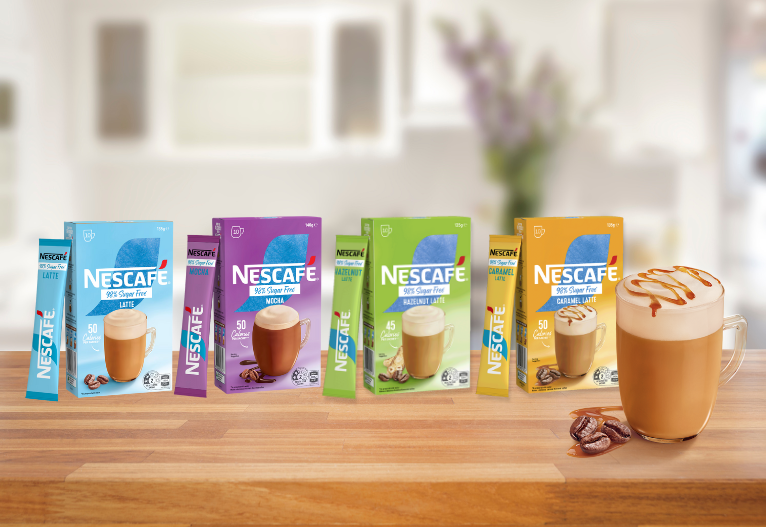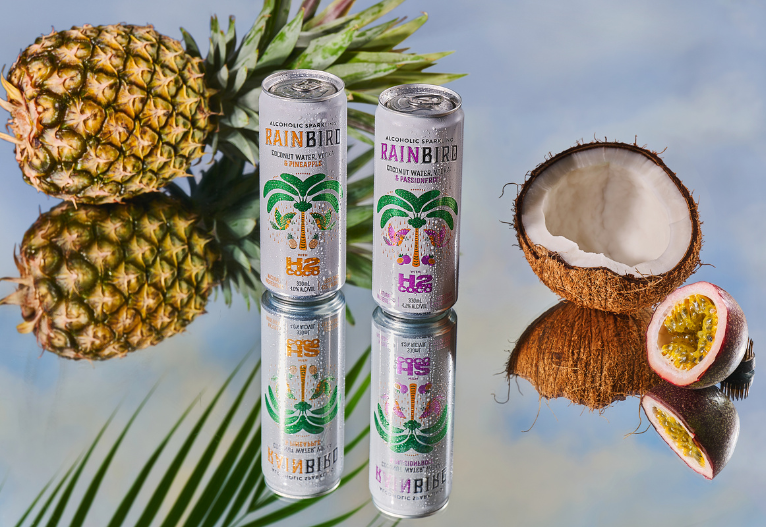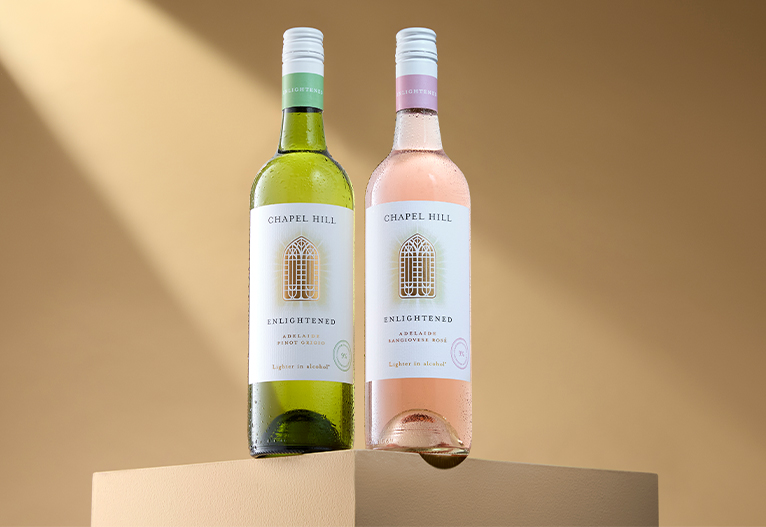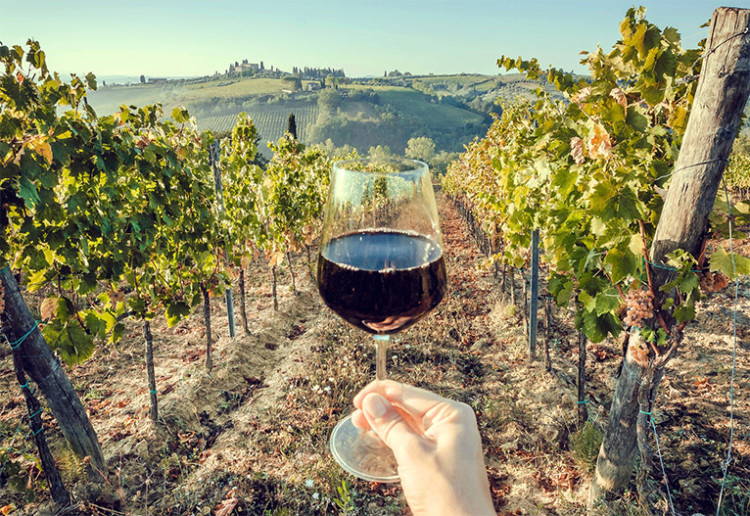Wine circles are abuzz with the benefits of choosing organic. But what exactly is organic wine and is it worth making the switch? We spoke with an expert winemaker to find out more.

Liz Kooij is a winemaker at Atmata Wines, which is 100% organic from vine to bottle. Meaning ‘essence, from nature’, the wines are cultivated in harmony with nature and crafted with minimal intervention from organic vineyards across Australia. Atmata is vegan-friendly and Organic Certified.
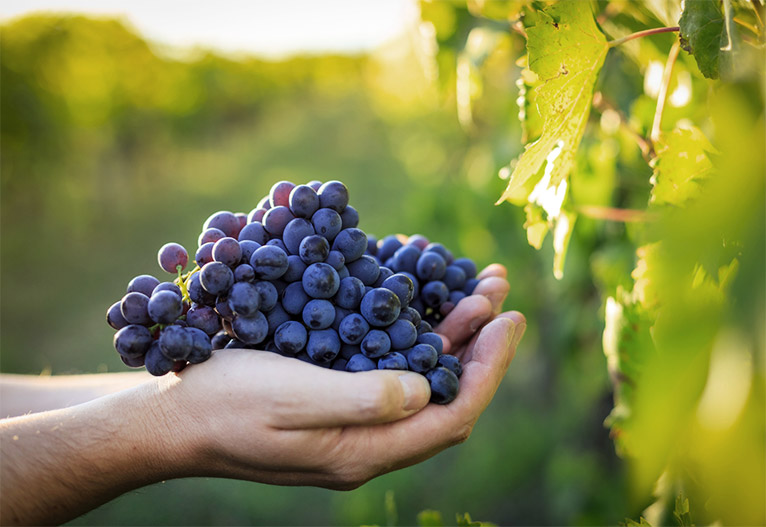
What is organic wine?
Simply put, this means growers tend to their vineyards without the use of synthetic chemicals, sprays, fertilisers, herbicides, pesticides, or any other products that are not naturally occurring. This is not standard practice for regular wine production.
Is it better for you?
Organic wine farming comes with many rewards and is no longer a niche choice. Aside from increased consumer interest in sustainable and ethically sourced products, organic farming makes for a more compelling wine that reflects the site and season in which it was grown.
Organic wine is often perceived as a ‘better-for-you’ choice because it contains fewer synthetic residues. Some varieties also have fewer additives, depending on the winemaking process. But ultimately, drinking in moderation is what’s most important when it comes to health.

Does organic wine have less sugar in it?
Organic varieties of wine often contain less sugar than non-organic. This lower sugar content contributes to the wine’s stability, as wines with higher sugar levels tend to be more unstable and require additional preservatives to ensure safety.
While sulphur dioxide is allowed in organic wines, the maximum limits set by certification bodies are significantly lower than those for non-organic. Consequently, drier wines, which have less residual sugar, are generally more stable and need less sulphur dioxide for preservation.
So, if less sugar is important to you, organic is typically a better option.
What about taste – is organic wine nicer than regular wine?
Many people find organic to be more expressive of place (or ‘terroir’) because they’re made with minimal intervention. When grapes are grown in healthy, living soils without additional chemicals, they often show greater vibrancy and character.

How long does it last once opened?
Like any wine, it depends on the style. A fresh white might last 1-2 days in the fridge, while a robust red could go 2-3 days if sealed.
Because organic wines are often made with fewer preservatives, they can be a little more sensitive to oxidation.
What’s the difference between organic and biodynamic wine?
Not all biodynamic wines are certified organic, although they often are in practice. And, not all organic wines are biodynamic.
Both share the goal of making wines grown from organically grown grapes, without the use of synthetic fertilisers, herbicides, insecticides or fungicides.
Biodynamics goes a step further than organics and is all about nurturing the soil and treating the vineyard as one big living organism. It’s based on the ideas of scientist Rudolf Steiner and follows the lunar cycle, which guides the timing of things like pruning and harvesting.

Are all organic wines created equal?
The organic certification refers to how the grapes are grown, but once they reach the winery, practices can vary between wines and winemakers. It’s worth looking into the producer’s philosophy and methods to understand what they may do to the grapes as part of the winemaking process.
Also, always make sure to look for the Australian Organic Certified logo to ensure the credibility of your drop!
At the end of the day, is organic wine worth it?
That is really a call for the individual, but to me, organic is a delicious option to share with family and friends. It also represents a commitment to healthier soils, more resilient ecosystems and a future where we can continue growing great grapes while caring for the environment.
Will you be making the switch to organic? Leave us a comment!





